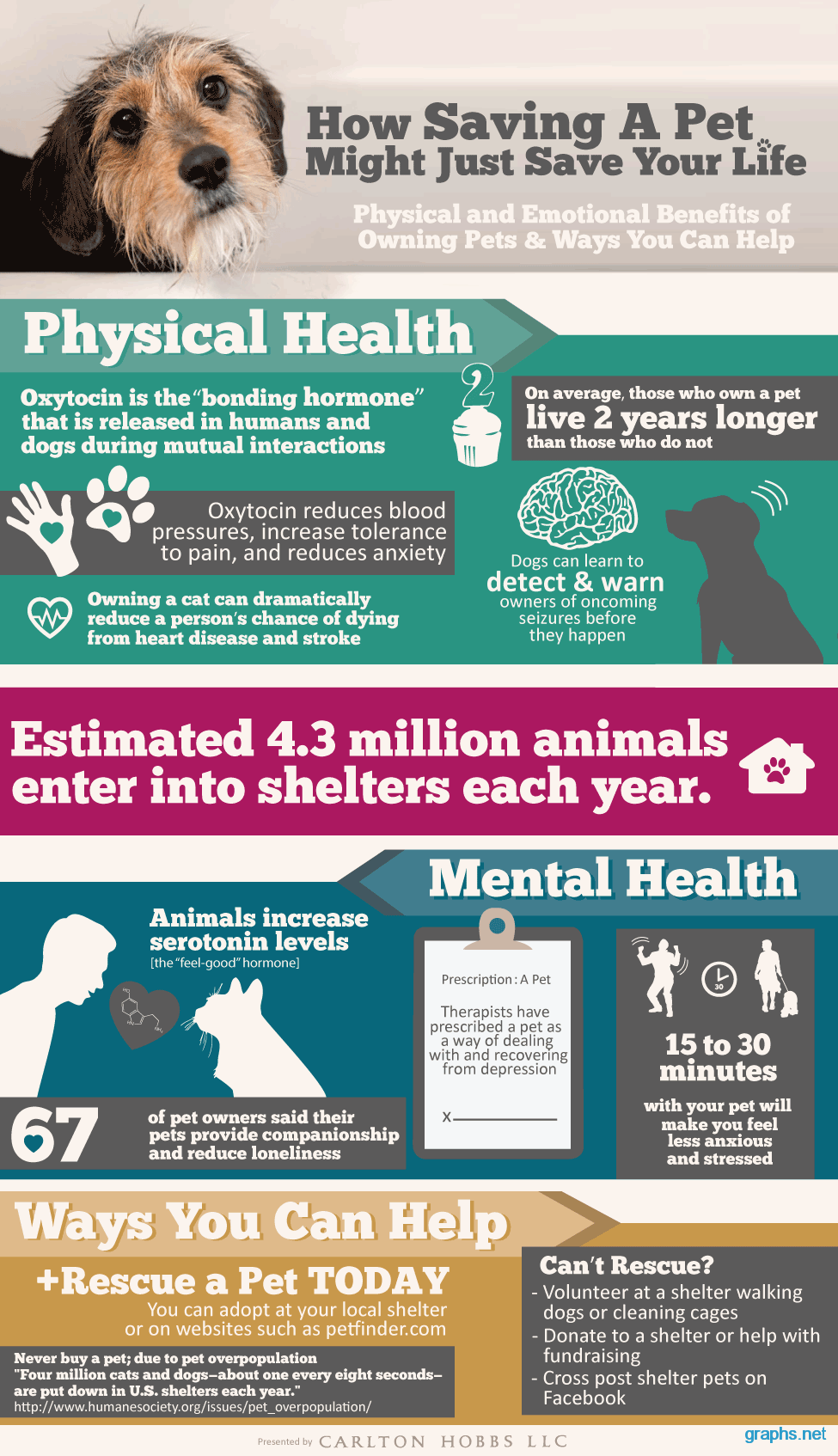Opportunities are that if your pet is on a regular basis subjected to other pets, even if they're appropriately vaccinated, they may return with some kind of ailment. Vaccinations, regular vet checkups, and excellent hygiene practices can decrease danger factors for infection and condition.
Emphasized or distressed pets can develop gastrointestinal problems and other health issues that are easily spread between dogs. Establishing age restrictions and behavioral rules can help guarantee that only healthy dogs enter your facility.
Distemper
Canine distemper is a serious and frequently fatal virus that attacks a pet's respiratory system, digestive system, skin and body immune systems. Pups are specifically at risk and can get the condition via direct contact with an infected animal or through the air-borne transmission of infection bits discharged throughout coughing, sneezing or taking a breath.
The incubation period for canine distemper is between 3 and 7 days. While puppies at day care might appear to capture parvo from an additional contaminated pet dog, it's unlikely since the incubation duration is so brief.
While there is no remedy for canine distemper, helpful care can help pets recoup. This consists of fluids, antibiotics and medications to regulate seizures. The Drake Facility for Vet Care notes that symptoms include dripping eyes and nose, looseness of the bowels, throwing up, loss of appetite and neurological troubles such as twitching and tremblings. Puppies need a complete inoculation series and yearly boosters to shield them versus this illness, which is why trusted doggie childcare facilities require up-to-date inoculations.
Kennel Coughing
Kennel Cough (Pooch Transmittable Tracheobronchitis) is an extremely contagious top breathing condition triggered by bacteria and infections. It spreads out with air-borne droplets from a cough or sneeze, straight contact, and sharing of contaminated items such as toys or water bowls. It is native to the island in position where lots of canines are housed close together, such as kennels, pet parks, grooming salons and programs. A number of vaccines are offered to safeguard versus the microorganisms that cause kennel coughing, and proper health methods can help protect against infection.
The traditional symptom is a completely dry, hacking cough comparable to that of a goose honk, and many pets recuperate with little treatment. Nevertheless, extreme situations can lead to pneumonia, and pups or dogs with pre-existing ailment are at greater risk for difficulties. To accelerate recuperation, utilize a harness instead of a collar while your pet dog is recovering to prevent irritation to the windpipe. A humidifier might also aid to moisten the air and protect against dry coughing.
Parvovirus
Parvovirus (CPV) is a significant disease in pets. It is similar to feline panleukopenia (feline distemper), yet it's a lot more harmful and can spread promptly among pet dogs due to its exceptionally durable nature.
This infection assaults the intestinal tract lining of a pet, destroying it and creating bacteria to dismiss right into the bloodstream. The damaged immune system and overwhelming microorganisms result in septic shock, which is generally fatal.
Luckily, vet medical facilities supply effective treatment for parvovirus. These drugs are given straight right into a client's blood stream and targeted in the direction of the particular pressure of parvovirus. This treatment technique is very effective and assists retrain the immune system to eliminate off the infection. Dogs with serious signs and symptoms are often hospitalized for a number of days for surveillance and intensive care to guarantee their survival. Pups, unvaccinated canines and pet dogs with weak body immune systems are particularly vulnerable to parvovirus. This is specifically true for puppies birthed to stray mothers and sanctuary settings, where they are exposed to numerous various other sick and susceptible pets.
Canine Influenza
Dog flu (CIV) is a contagious breathing condition that dog overnight boarding near me can be brought on by dogs sharing polluted surface areas or straight contact with respiratory secretions. CIV spreads quickly in settings where there are high numbers of canines, such as pet dog parks, childcares, brushing facilities and veterinary centers.
Contaminated pet dogs lost the infection through aerosol respiratory beads when coughing or sneezing, and might infect things they come into contact with like cages, toys, food bowls, leashes and the hands and garments of individuals who handle them. Pet dogs can likewise be "quiet service providers" spreading out the virus without showing any type of signs themselves.
Signs and symptoms of canine flu include nasal and eye discharge, cough, fever, loss of appetite, and weakness. The infection can advance to pneumonia, which can be deadly in some pets. PCR viral screening is readily available for verification of infection. Ideally, samples (usually deep nasal or pharyngeal swabs) for PCR testing ought to be gathered within 4 days of the beginning of scientific indicators.
